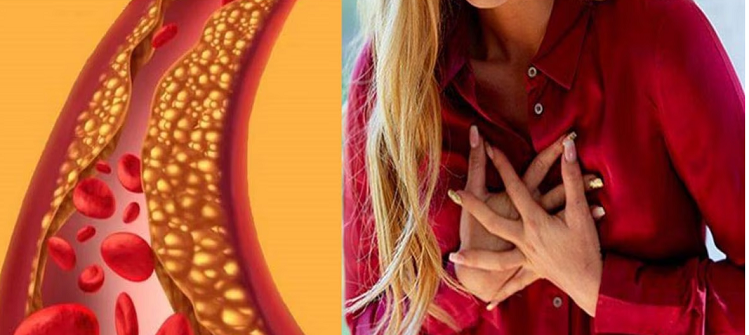
Health Desk. People have very little information about hernias. Many times people delay in understanding its symptoms. Due to this, it increases more. This disease is most common in Indians. Many reasons work behind this. But before knowing this, let us know what is Hernia and what are its symptoms.
What is hernia?
A hernia is a pathological condition in which a particular organ (usually fat or intestine) moves from its pre-determined location to another location in the body. It usually shows up as an abnormal swelling in the abdomen or groin area. Which may be associated with pulling pains. The swelling usually gets worse on coughing or straining and disappears on lying down. This feature differentiates hernia from other permanent swellings.
What are the symptoms of hernia
In hernia disease, there may be swelling on the side or bottom of the abdomen.
Hernia can be recognized even if you are coughing and swelling is seen during this.
If the swelling goes inside while lying down then it is also a sign of hernia.
Hernia can be congenital
Hernia can be congenital or after birth. Congenital hernias are caused by the firmness of areas of the fetus that may allow the omentum (abdominal fat) or intestine to move towards the scrotum. They are commonly seen in men and present as swellings in the groin or scrotum. On the other hand, those who suffer from hernia later, the reason behind it may be muscle weakness, increase in abdominal pressure or the result of any surgery.
Hernia occurs due to these reasons
A central study examined 5,000 people with complaints of abdominal and back bloating in Delhi, Noida, Gurgaon and Ghaziabad. About 15% of these were found to be suffering from hernia which required surgical treatment. Dr Anirudh Vij, senior laparoscopic and bariatric surgeon based in New Delhi, who conducted the study, says, 'Most of the participants in this study had hernia-related symptoms from a few months to several years. While some had had previous surgeries which had resulted in muscle weakness. At the same time, some people had hernia due to intra-abdominal pressure.

Hernia can also be caused by obesity.
India's population suffers from hernia due to many reasons. Dr Anirudh Vij says, 'Indians genetically have less muscle mass than Caucasians, which makes them more prone to muscle weakness.' Low birth weight is generally a risk factor for congenital hernia in Indian infants. A low percentage of muscle mass and high visceral fat (fat stored in the abdomen) are particularly predisposing to abdominal hernia. Also, the increased incidence of obesity and lack of physical activity increase the likelihood of developing a hernia in later life.
Cigarette smoking, which is common among Indians, causes muscle weakness by altering collagen metabolism. It causes chronic cough and repeated strain on the abdominal muscles which increases the chances of getting hernia.
Avoid bad lifestyle
Dr. Anirudh Vij said in his study, 'Western diet, junk food and poor lifestyle lead to chronic constipation and stool straining which again increases the pressure inside the abdomen.' Hernia prevention can be achieved through regular physical activity, maintaining a healthy weight, avoiding smoking, and treating chronic cough and constipation.
Hernia treatment
Hernia is treated through operation. The muscle gap is corrected through surgery. Along with this the tissues are strengthened. The operation is performed through laparoscopic.










